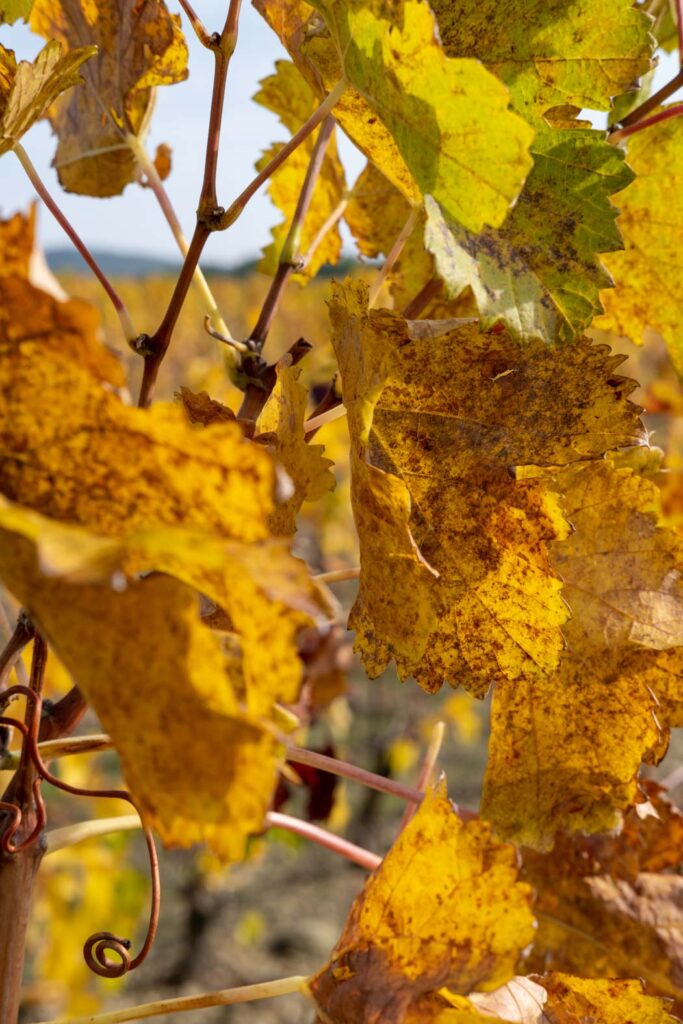O r g a n i c t o P r o t e c t t h e E n v i r o n m e n t
Tenuta Sette Ponti
Organic to Protect the Environment
Since the early 2000s, Antonio Moretti Cuseri has been driven by the desire to cultivate grapes with respect for the environment and Tuscan traditions. As a result, he focused on fully organic farming and sustainability. From the vineyards to bottling, his goal is to make high-quality wines while protecting the welfare and identity of the area.
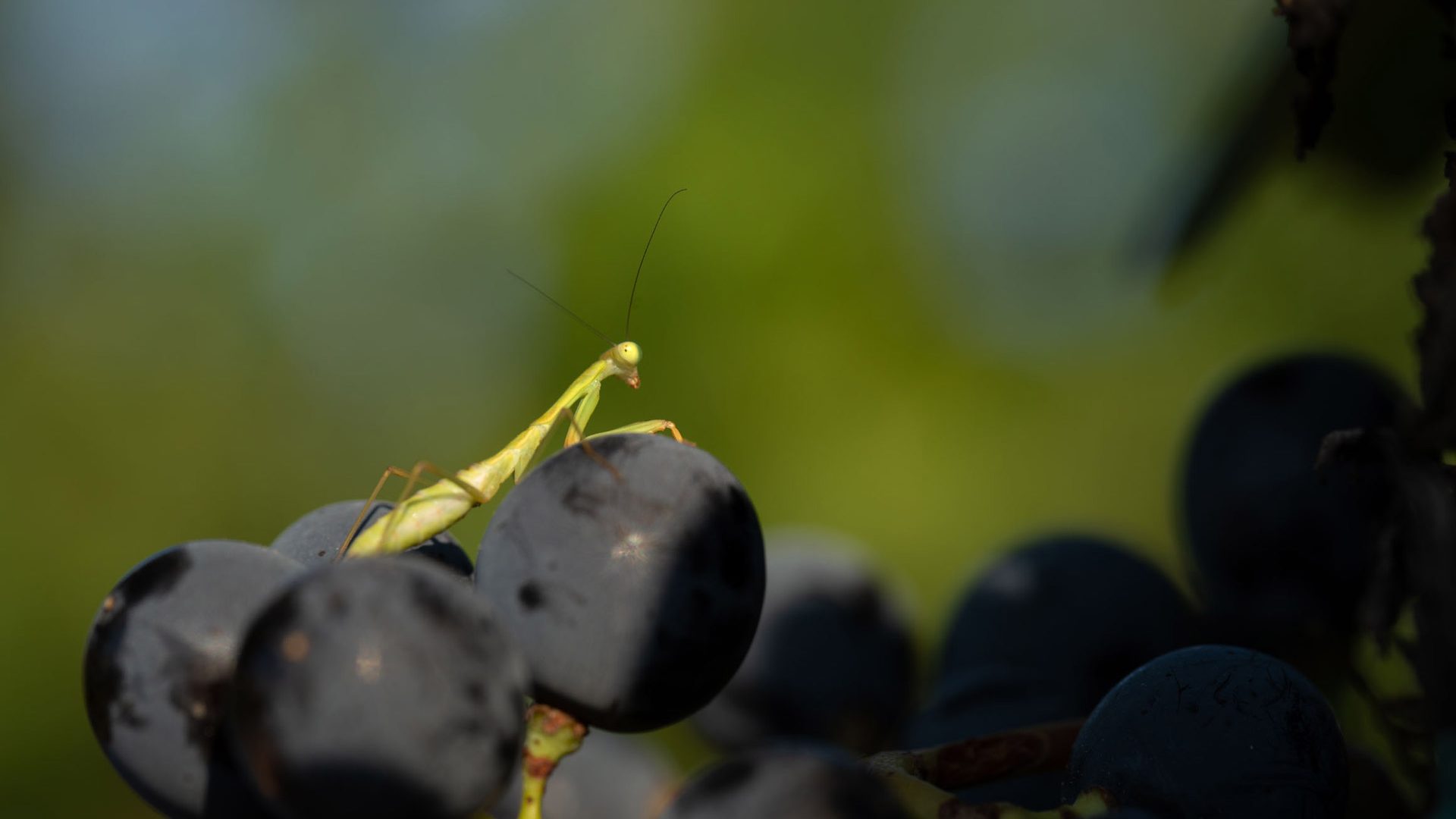
The trend towards organic
O r g a n i c f a r m i n g i s a c o r n e r s t o n e o f t h e M o r e t t i C u s e r i f a m i l y ’ s w i n e p r o j e c t s .
This was their instinct from their very first foray into the wine industry when they decided against chemicals in favor of only organic products.
They also wanted to respect the precious expertise and art of winemaking that stems from a love of the area and grape growing, choosing manual work wherever possible and reducing the impact on the environment.

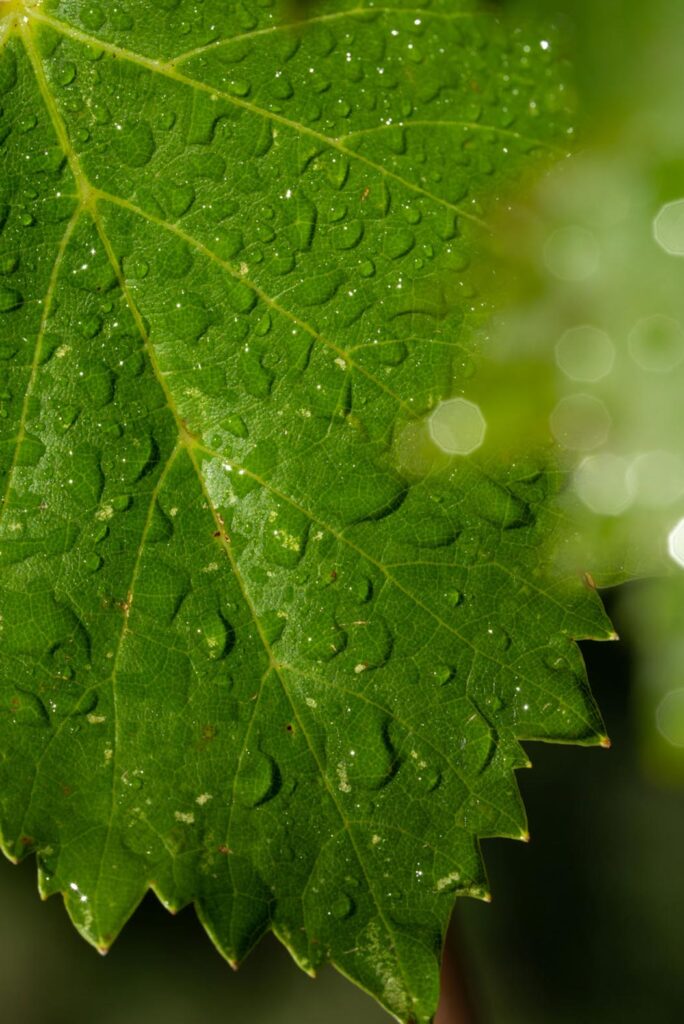
sustainability
Biological
Agriculture
From the vineyard to the bottling, we concentrate on sustainability – through meticulous and non-invasive practices.
For example, we use a sprayer with a recovery system for copper and sulfur, a tool that helps save at least 30% of water. This practice is allowed in organic farming because it is natural and does not harm the plant. It works on contact and is used to ward off the main fungal diseases that can affect vines, such as Peronospora and powdery mildew.

Feed the earth
F e r t i l i z a t i o n
As for fertilization, we only use organic products, such as earthworm humus, which is made from fermented manure. It can retain more water and release nutrients more slowly, creating micro underground tunnels that promote soil oxygenation.
Other natural fertilizers, enriched with nitrogen, phosphorus and potassium, organo-minerals or horse manure from our own horses or stables nearby also complement our fertilization program, which consequently, also favors the circular economy, as is the case with the stable manure.
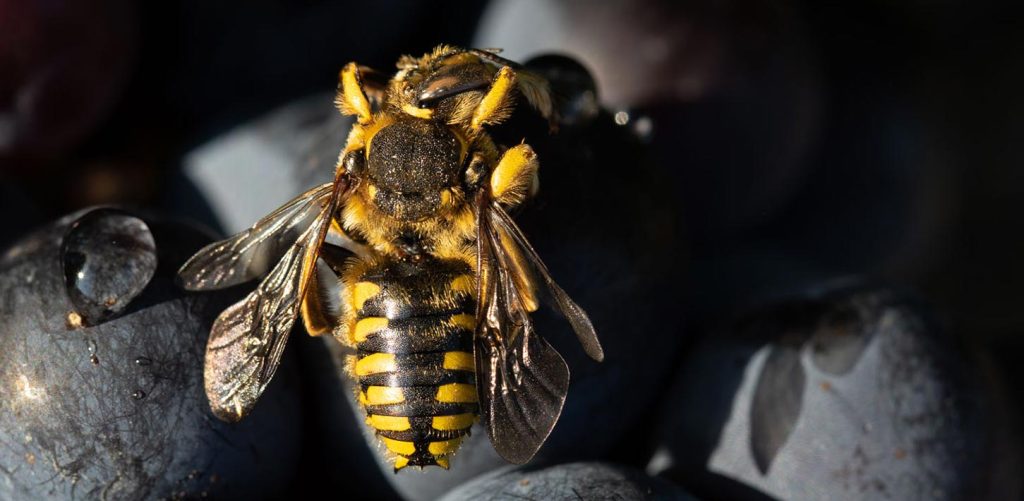
As for fertilization, we only use organic products, such as earthworm humus, which is made from fermented manure. It can retain more water and release nutrients more slowly, creating micro underground tunnels that promote soil oxygenation.
Other natural fertilizers, enriched with nitrogen, phosphorus and potassium, organo-minerals or horse manure from our own horses or stables nearby also complement our fertilization program, which consequently, also favors the circular economy, as is the case with the stable manure.
Finally, another option is foliar fertilization, which consists of natural extracts (rock, seaweed) and nourishes the grapevines, guaranteeing a good level of biodiversity.
To maintain or increase fertility in our vineyard soils, horticultural agronomic techniques are fundamental for us. Our goal is to nourish and care for the land: for example, we plant cover crops, such as oats, fava beans, vetches, and horseradish, which enrich the land naturally.
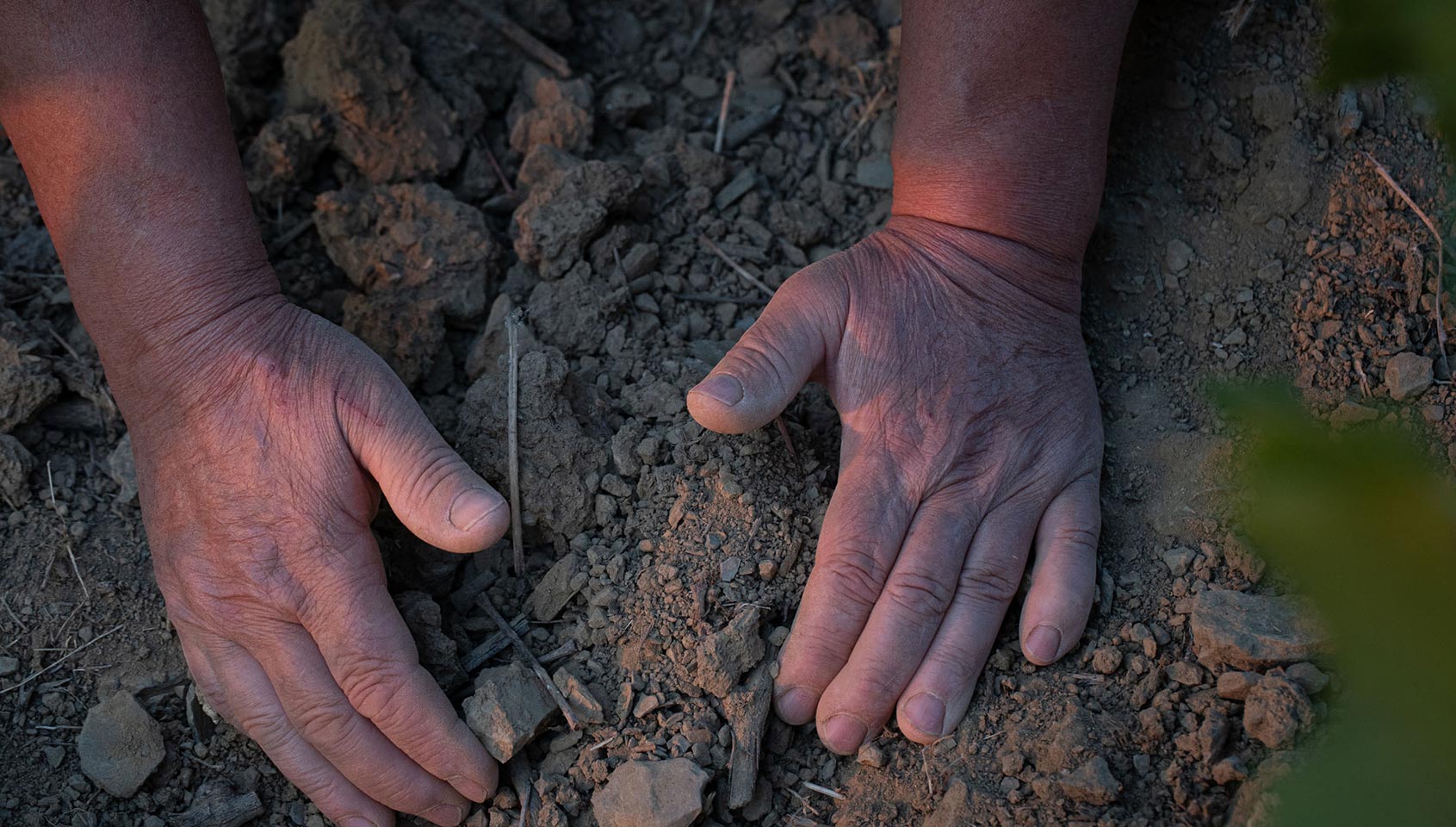
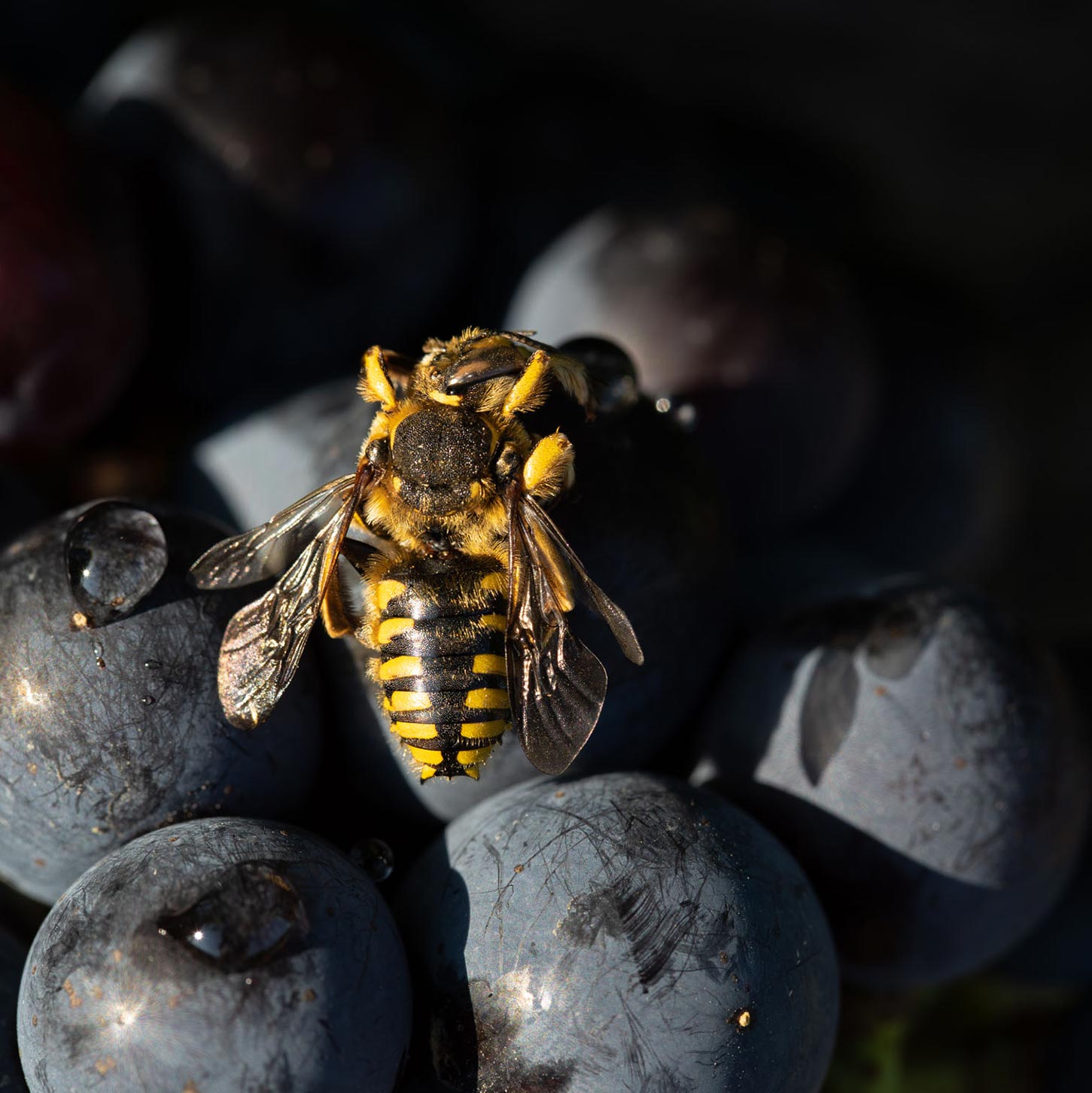
Finally, another option is foliar fertilization, which consists of natural extracts (rock, seaweed) and nourishes the grapevines, guaranteeing a good level of biodiversity.
To maintain or increase fertility in our vineyard soils, horticultural agronomic techniques are fundamental for us. Our goal is to nourish and care for the land: for example, we plant cover crops, such as oats, fava beans, vetches, and horseradish, which enrich the land naturally.
Biodiversity
Climate monitoring
Also, monitoring the climate is a fundamental part of organic viticulture since it allows the vintner to reduce waste and interventions in the vineyard: an intelligent control unit has been strategically placed in the vineyard. It tracks the weather, indicates disease development, and monitors humidity.
These practices guarantee organic cultivation, which the Moretti Cuseri family combines with other sustainable measures, such as: doing as much as possible by hand; family members and local and foreign workers work in our vineyards; we began beekeeping, which guarantees ecosystem biodiversity; we plant cover crops for livestock and wildlife and recover rainwater to use in times of drought. In fact, Tenuta Sette Ponti has four hydrogeological basins, with an area of 2 km2 and a total flow rate of about 100 thousand cubic meters. These basins are replenished by seasonal streams.
Even in the cellar, we only use certified organic methods, including strict practices regarding, for instance, heat treatments, the use of sulfites, the desulfurization of musts or alcohol removal. This guarantees the wine’s high quality and preserves its sensory characteristics as much as possible.
